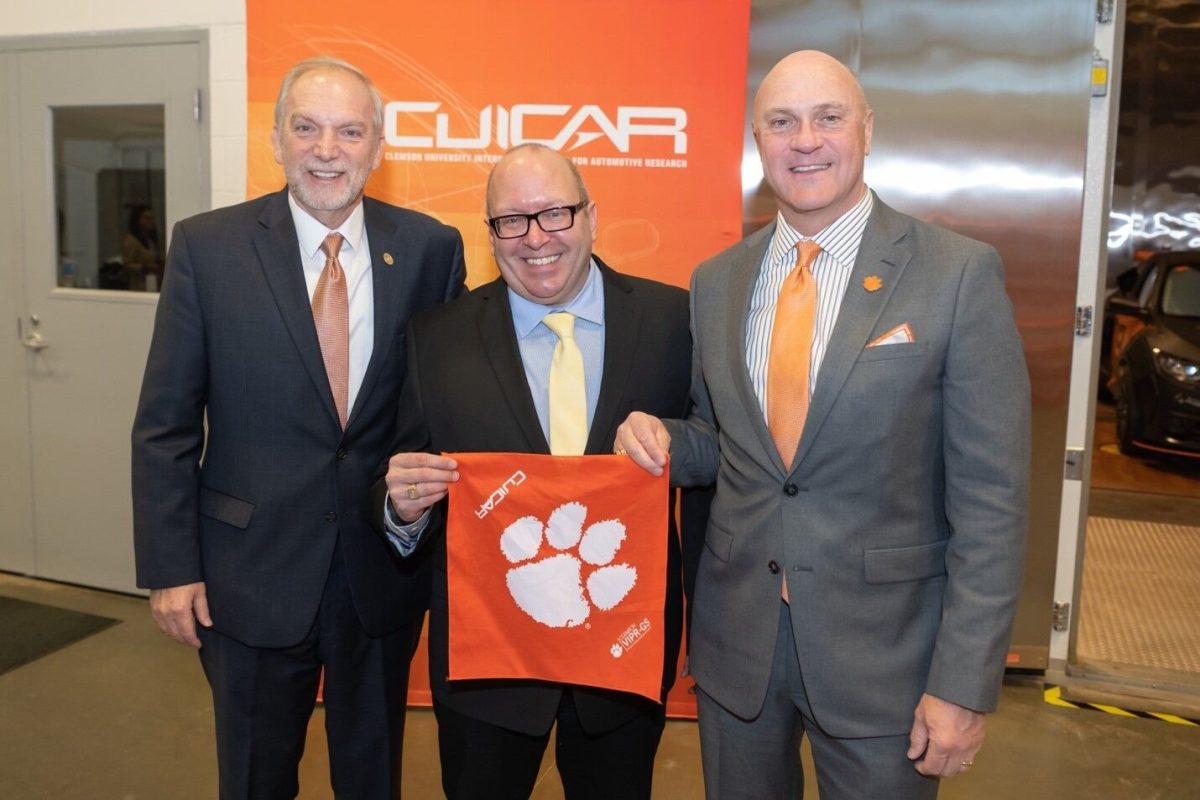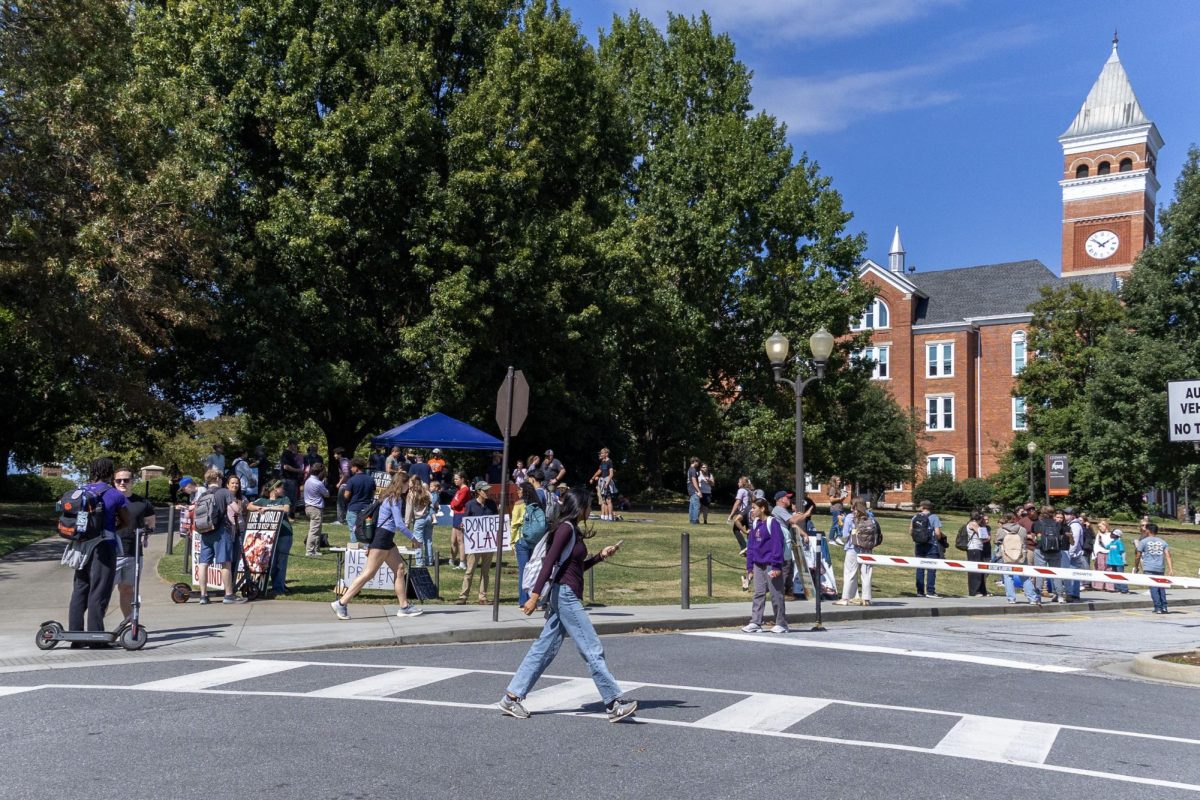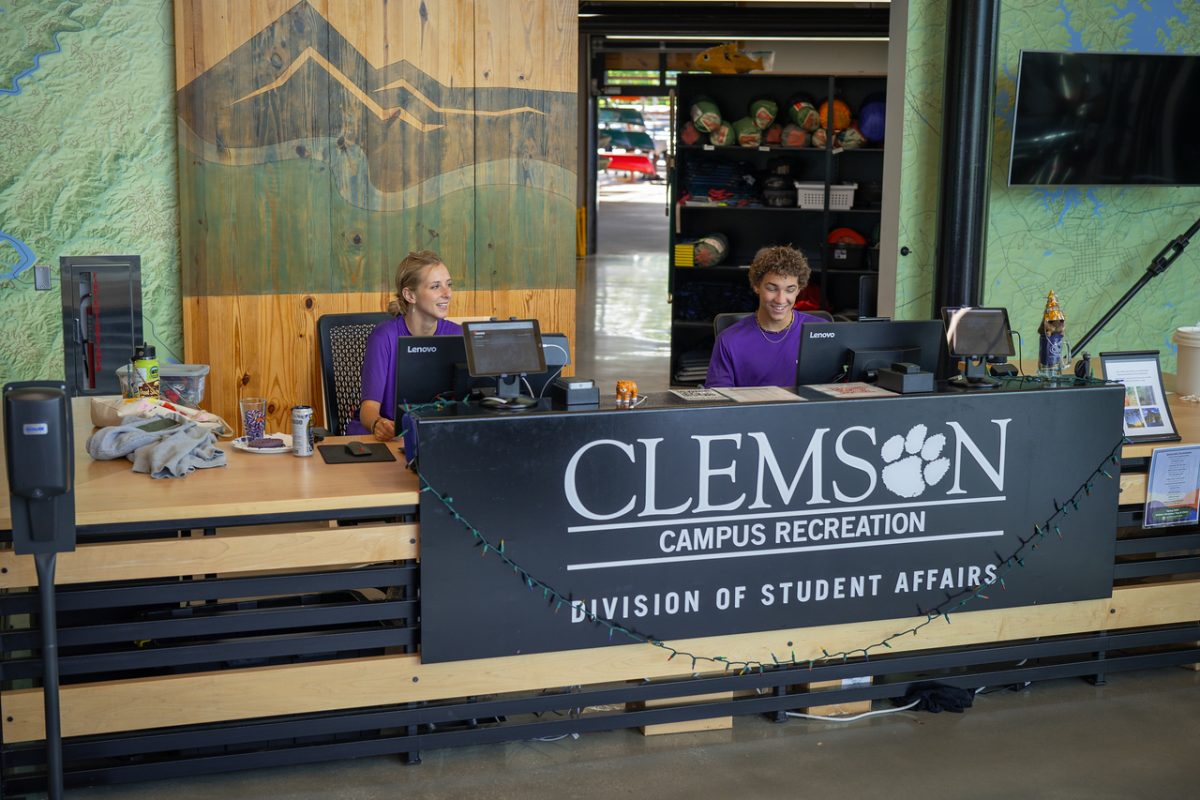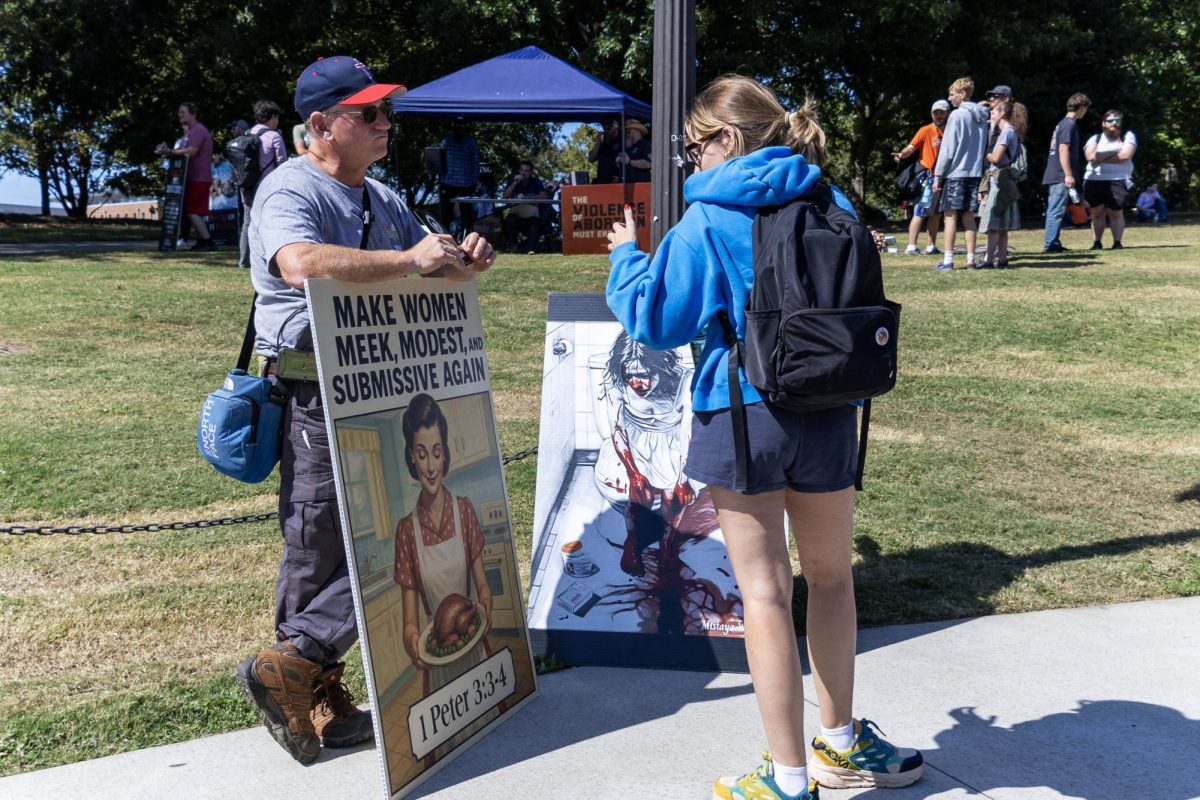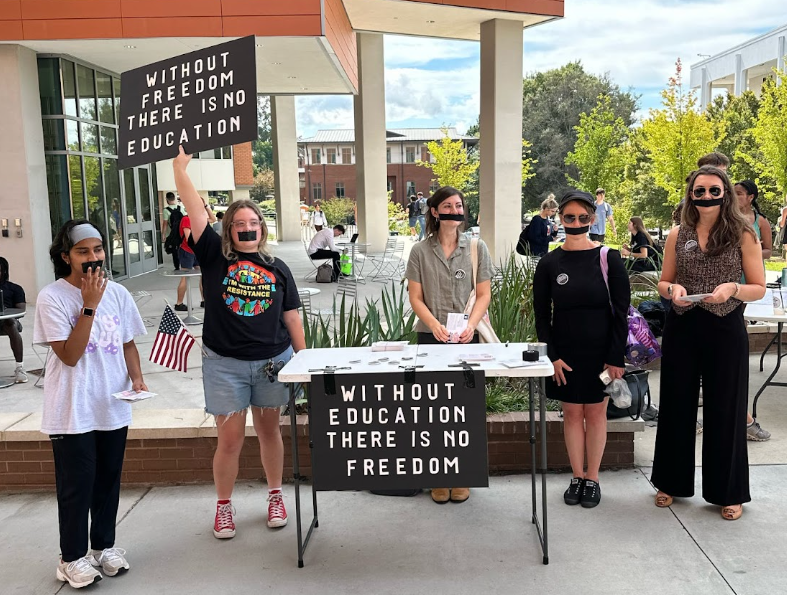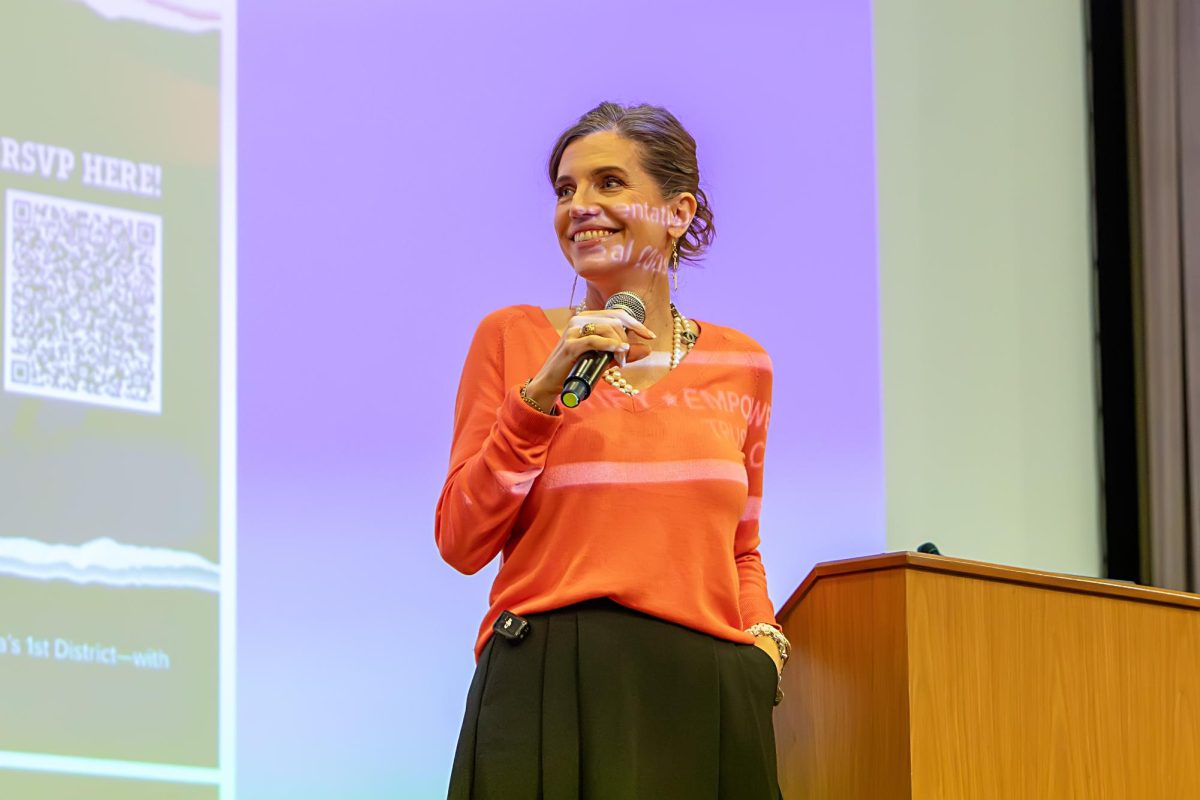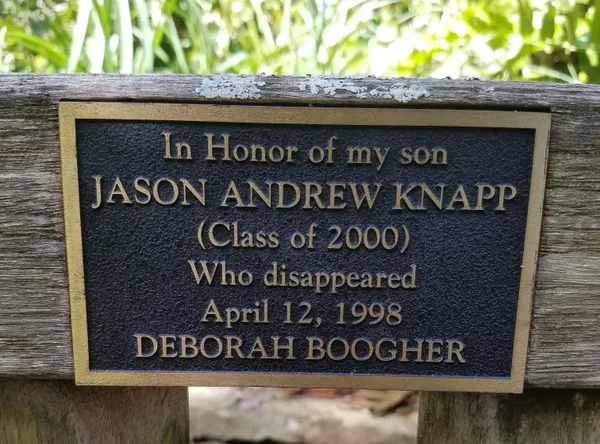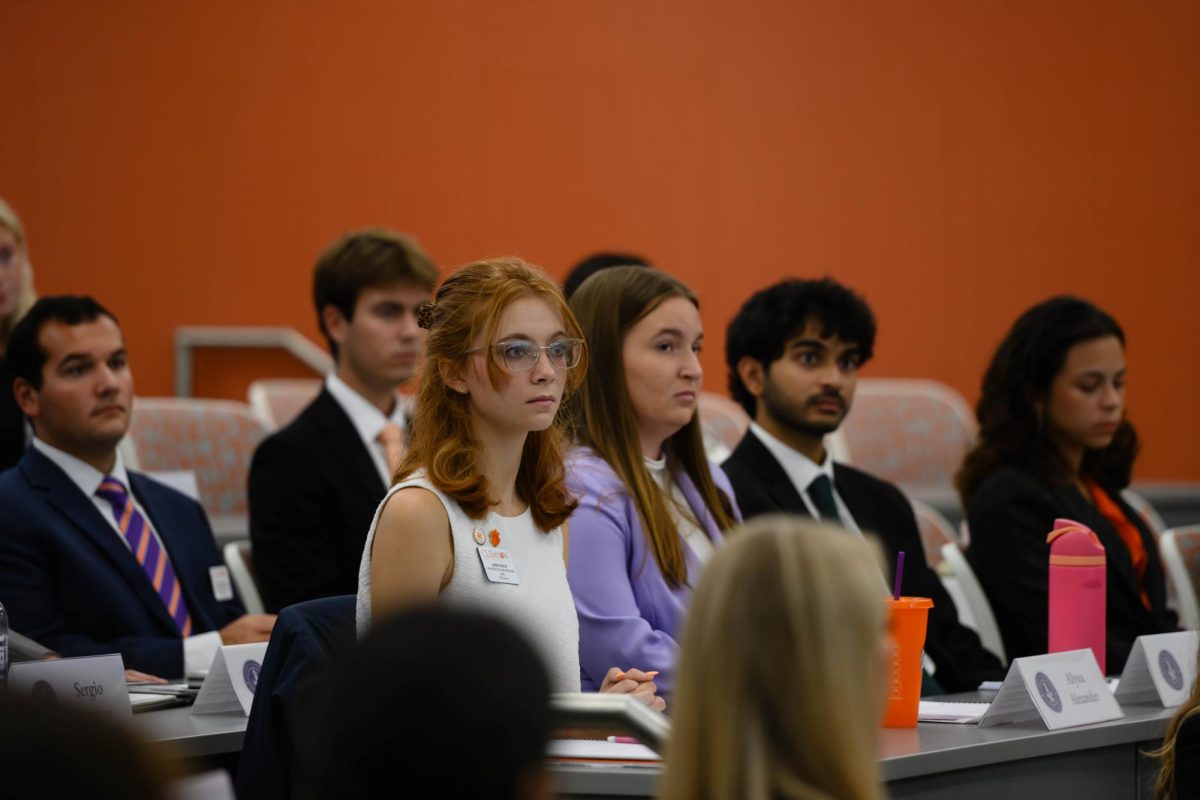Clemson University has expanded its research partnership with the United States Army to develop prototyping tools for a next generation, autonomous vehicle.
Working with the DEVCOM Ground Vehicle Systems Center (GVSC), the project has a ceiling of $100 million for “Deep Orange 13” — a high-speed autonomous, off-road vehicle being built by automotive engineering master’s students.
GVSC had a realization of their equipment and technology becoming out of date as it was built. They wanted to be able to look into the future creatively and innovatively to be able to make combat vehicles, personal carriers and robotic, autonomous vehicles.
They chose Clemson as the location for this new innovation, given its home to many vehicle manufacturers in the region. Additionally, in 2007, the Clemson University International Center for Automotive Research (CU-ICAR) was established in Greenville, South Carolina.
“South Carolina became a place of automotive excellence and engineering,” said Amy Smith, Vice President of University Relations.
Chris Paredis,BMW Endowed Chair in Automotive Systems Integration, said, “we are helping the military explore this next generation combat vehicle and how to design and build such vehicles.” Paredis is a member of faculty who is deeply involved in Deep Orange, a vehicle prototype program, at CU-ICAR.
Having to design, build and test a model in a cycle can be very time consuming and costly. Instead of physically building a model, the evaluation of the different designs is done in a virtual environment, as described by Paredis.
“We create a simulation of the vehicle and in a simulated world, just like in a computer game almost,” Paredis said, “you can drive it around and see how it interacts with the environment, interacts from a mobility perspective, but also from an autonomy perspective.”
The ultimate goal is to observe potential adversaries and to possibly engage in these adversaries without risking the life of humans.
The announcement was made at the CU-ICAR campus by President Clements, U.S Army chief scientist David Gorsich, founding director of VIPR-GS center Zoran Filipi and U.S. Senator Lindsey Graham.
“Clemson University has a long and proud military tradition. I’m very pleased that the U.S. Army and Clemson will be working together on this important project,” said Graham, “The work they are doing will help save the lives of American service members in years to come.”
Although Congressman James Clyburn was not able to attend, he was “pleased to support funding for Clemson University’s extraordinary work to help develop cutting-edge technology that will enhance our military capabilities and save lives.”
According to Gorsich, “The deployment of autonomous vehicles is a priority for the United States Army and Dr. Filipi and the Clemson VIPR-GS team are uniquely positioned to facilitate the rapid development of virtual prototyping to expedite the technology roadmap development and transformation of U.S. Army ground vehicles.”



